The International Conference on Neurosurgery and Spine at the Faculty of Medicine recommends enhancing the role of technology in surgeries
The 2024 International Conference on Neurosurgery and Spine, which was organized by the Department of Neurosurgery at the Faculty of Medicine, at Ain Shams University, recommended the participation of the Egyptian Society of Neurosurgeons and the Middle East Society for Functional Neurosurgery during the period from June 29 to July 5, it is necessary to continue to keep pace with the great boom in the world in functional brain and nerve surgeries, especially surgeries for movement disorders, epilepsy, and psychiatric surgeries, with the importance of choosing the appropriate patient for these delicate surgeries, and enhancing the role of technology and the use of modern devices such as surgical robots and surgical navigators in brain, nerve, and spine surgeries.
The conference also recommended the importance of highlighting developments in minimally invasive surgery in spinal surgeries, and encouraging young neurosurgeons to pay attention to scientific research and publish in international scientific journals. This is considered a major part of their training, in addition to acquiring various surgical skills and paying attention to providing workshops on a regular basis in all the subspecialties of neurosurgery for its important role in raising the level of young surgeons.
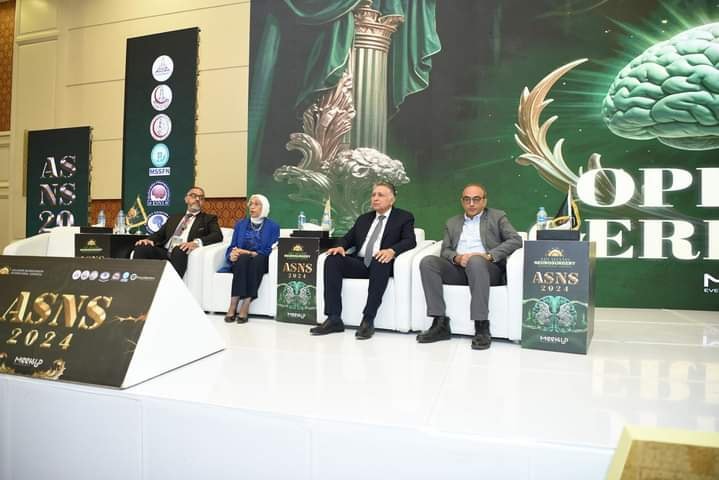 |
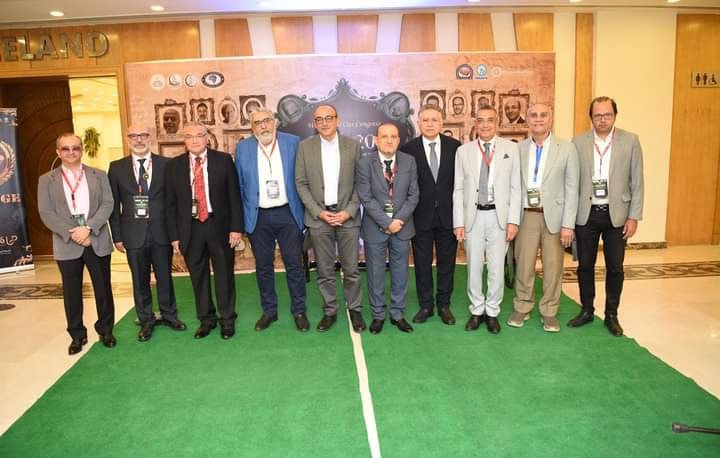 |
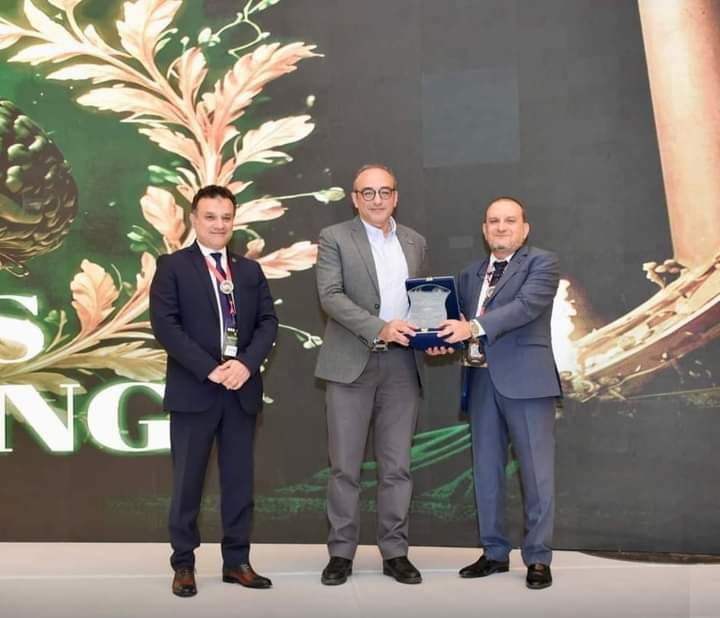 |
||
The conference was held under the patronage of Prof. Mohamed Diaa Zain El-Abedeen, President of Ain Shams University, Prof. Ali Al-Anwar, Dean of the Faculty of Medicine and Chairman of the Board of Directors of University Hospitals, in the presence of Prof. Tarek Youssef, Executive Director of University Hospitals, who shed light during his speech on the developments in establishing the Integrated Medical City at Ain Shams University, which represents a huge shift in the medical and educational service provided by Ain Shams University Hospitals. He pointed to the near completion of the new emergency hospital, which contains a huge number of beds, operating rooms, and intensive care beds, which is expected to completely eliminate all the difficulties facing the hospital’s emergency departments at the present time.
Prof. Mohamed Wael Samir, Head of the Department of Neurosurgery at Ain Shams Medicine and Chairman of the Conference, pointed out that the conference focuses on everything new in neurosurgery and the spine with its subspecialties, in addition to strengthening the concepts of multidisciplinary participation related to diseases and surgeries of the nervous system and training young neurosurgeons from various universities and scientific institutes with the latest technologies.
He added that the conference includes more than 200 scientific lectures and seminars in all specialties of neurosurgery, delivered by professors specialized in this field, with the participation of foreign experts in providing scientific lectures and participation in training young doctors through various workshops, which contributes to transferring expertise and acquiring precise surgical skills.
Also Prof. Walid Abdel Ghani, Professor of Neurosurgery and Secretary General of the Conference, confirmed in his speech the need to provide support and good training for young doctors, support research plans and international publication in order to develop practice in this specialty, emphasize the important role of nursing staff members in the neurosurgery system, and work to provide them with knowledge. Basic skills and providing training courses and workshops for them for further development, as well as closer cooperation with various specialties of common interest in neurological diseases and surgeries in order to achieve the highest rates of success and recovery, especially complex medical cases.
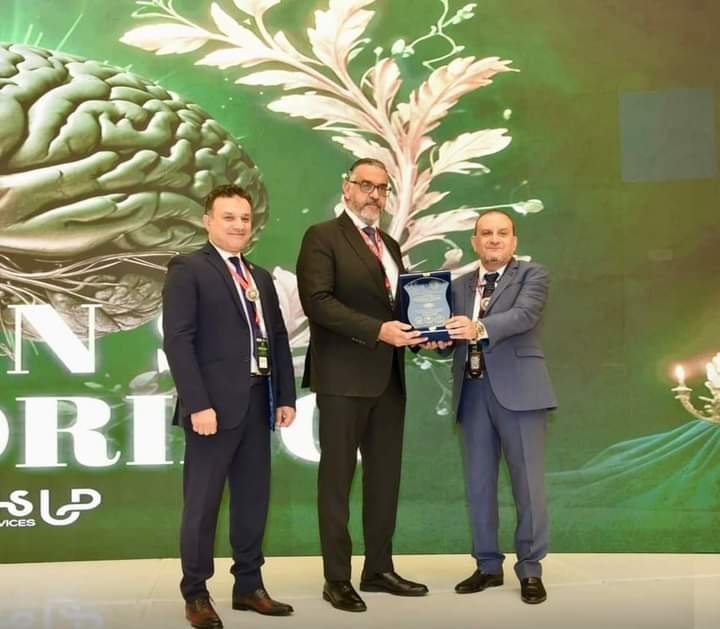 |
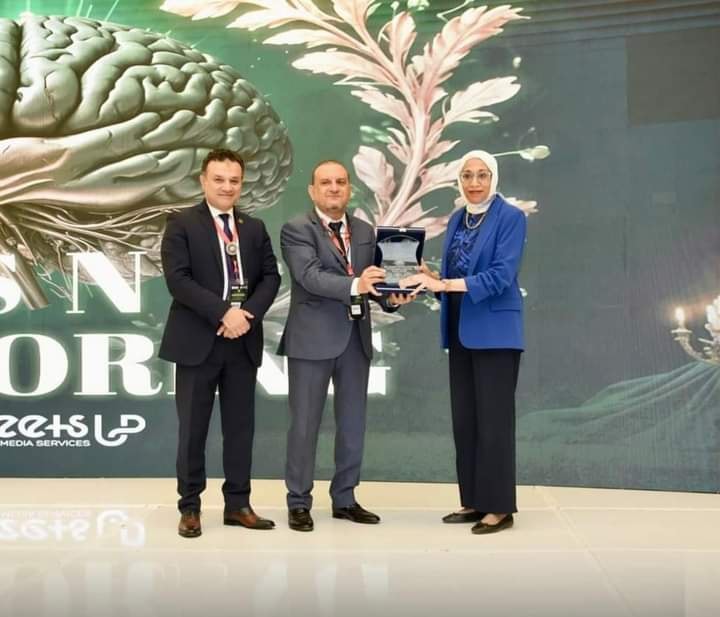 |
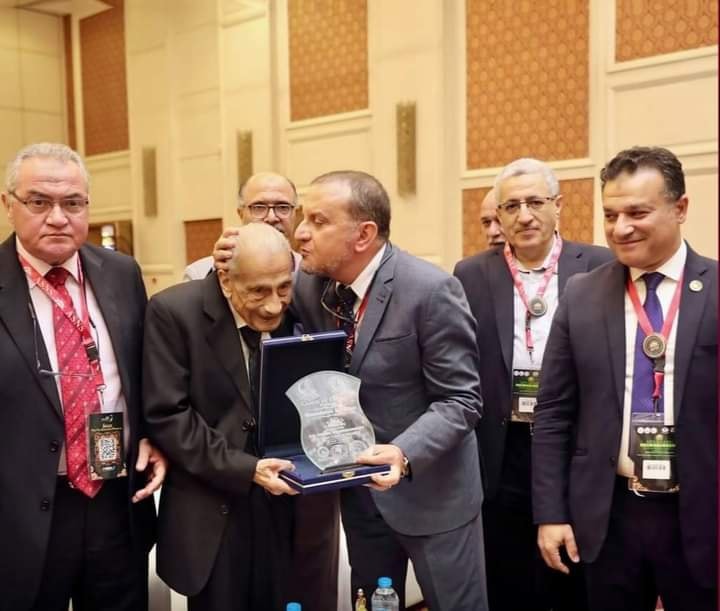 |
||
It is noteworthy that the conference witnessed the presence of the largest international gathering of neurosurgeons from various parts of the world, as it included more than 20 foreign experts and foreign lecturers from the largest international universities, in addition to the active participation of professors of neurosurgery from various Egyptian universities, in addition to all faculty staff in the Department of Neurosurgery at Ain Shams Medicine.
Dr. Wael Samir also honored the guests of honor at the opening ceremony and handed them the conference shield. They all praised the wonderful level of organization and the strength of the scientific program of the conference. They also emphasized the full support of the Faculty of Medicine of Ain Shams for the Department of Neurosurgery in all the various forums and activities carried out by the department.
The conference also discussed for the first time the role of functional neurosurgery in treating intractable and drug-resistant mental illnesses, which will open many areas of treatment for these patients.
The first Egyptian guidelines for the description, treatment and surgery of epilepsy were also officially announced, which were published internationally, with the participation of the Department of Neurosurgery at Ain Shams University.
The opening ceremony was attended by Prof. Osama Mansour, Vice Dean of the Faculty of Medicine for Postgraduate Studies and Research, Prof. Hala Sweid, Vice Dean of the Faculty of Medicine for Community and Environmental Affairs,
On behalf of Prof. Ali Al-Anwar, Dean of the College, and Prof. Tarek Youssef, Executive Director of Ain Shams University Hospitals, the distinguished scientist Prof. Mamdouh Salama, Professor of Neurosurgery, Prof. Mohamed Wael Samir, Head of the Neurosurgery Department and Chairman of the Conference, Prof. Hazem Ahmed Mostafa, Secretary General of the Egyptian Society of Neurosurgeons, and Prof. Walid Abdel Ghani, Secretary General of the Conference, Prof. Hisham Anwar, Director of Ain Shams Specialized Hospital, and Prof. Ashraf Al-Abyad, Professor of Neurosurgery and Spine Surgery at Ain Shams University and former head of the department.
With the participation of the guest of honor of the conference, Professor Alistair Jenkins, from the United Kingdom, who delivered a memorial lecture on the challenges of the specialty of neurosurgery in various parts of the world, especially in developing countries.


.svg)

